emigration (n)
/ˌɛməˈɡreɪʃn/
the act of leaving your own country to go and live permanently in another country

artefact (n)
/ˈɑː.tɪ.fækt/
an object that was made a long time ago and is historically important, for example a tool or weapon
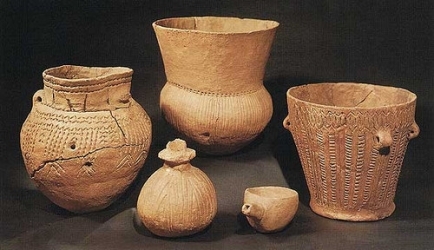
invade (v)
/ɪnˈveɪd/
to enter a country, town, etc. using military force in order to take control of it
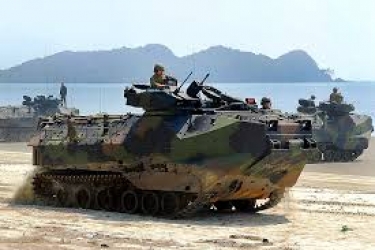
assassinate (v)
/əˈsæsəˌneɪt/
to murder an important or famous person, especially for political reasons
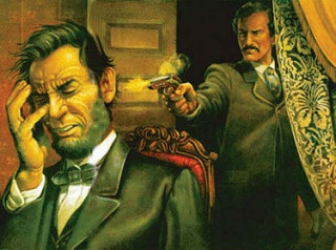
colonize (v)
/ˈkɑləˌnaɪz/
to take control of an area or a country that is not your own, especially using force
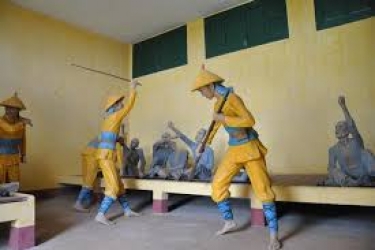
pyramid (n)
/ˈpɪrəmɪd/
a large building with a square or triangular base and sloping sides that meet in a point at the top

revolution (n)
/ˌrɛvəˈluʃn/
an attempt, by a large number of people, to change the government of a country

perfect (a)
/ˈpɝː.fekt/
complete and correct in every way, of the best possible type or without fault

universe (n)
/ˈju·nəˌvɜrs/
the whole of space and everything in it, including the earth, the planets, and the stars









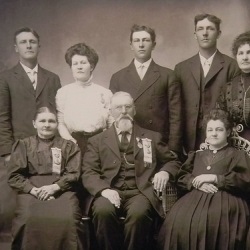
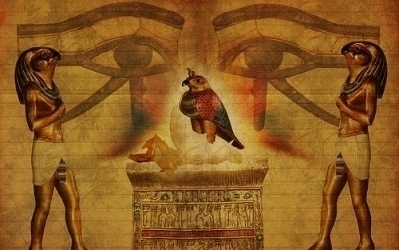


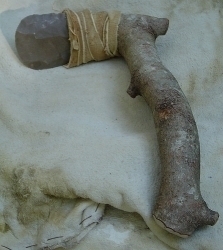




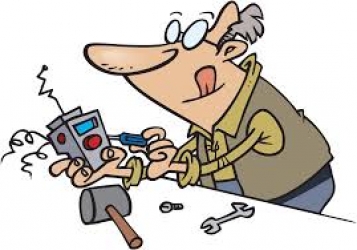
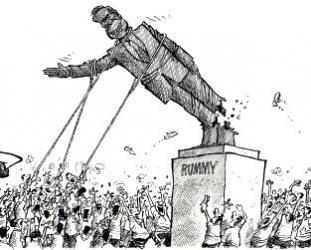
















 Hãy đăng ký thành viên và đăng nhập để sử dụng chức năng này!
Hãy đăng ký thành viên và đăng nhập để sử dụng chức năng này!
Bình luận